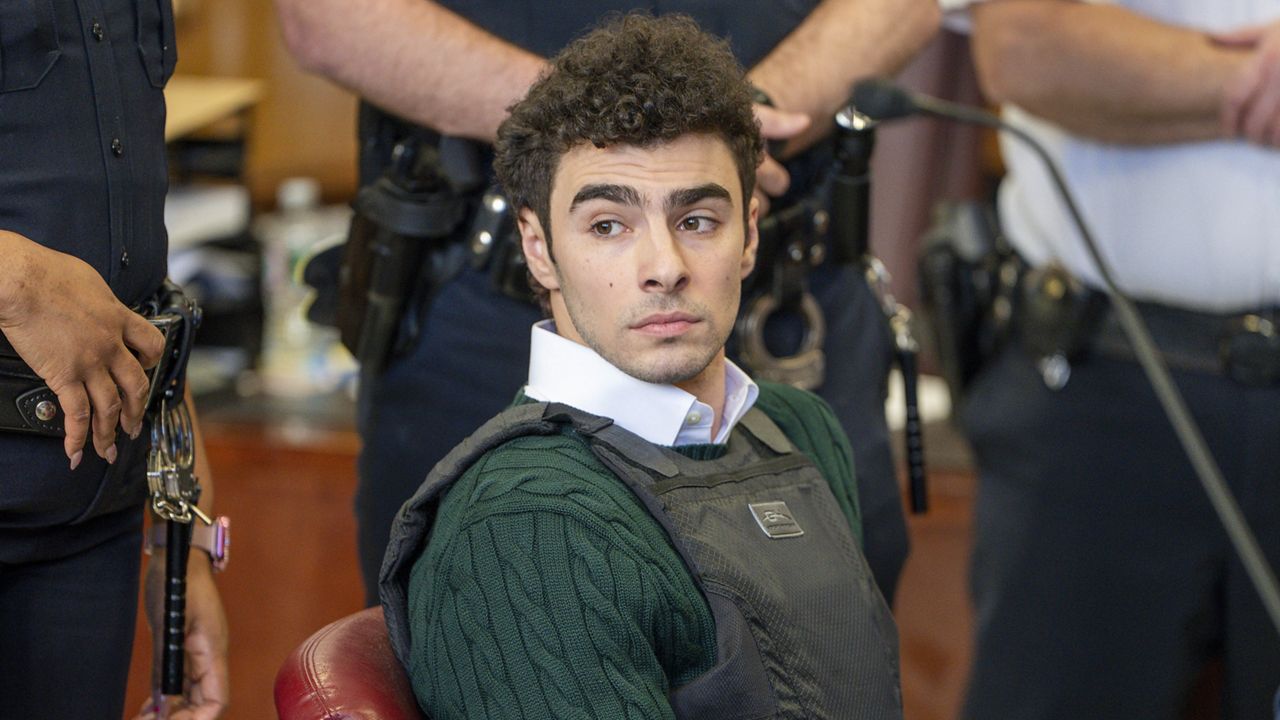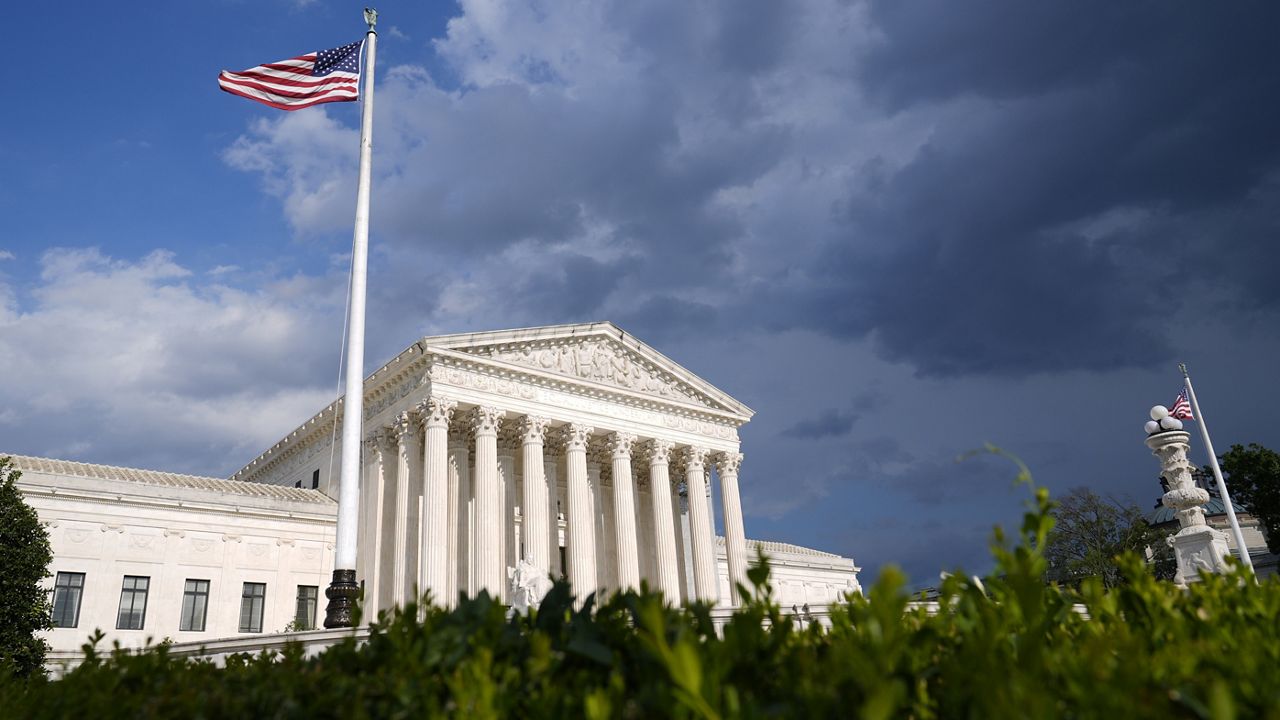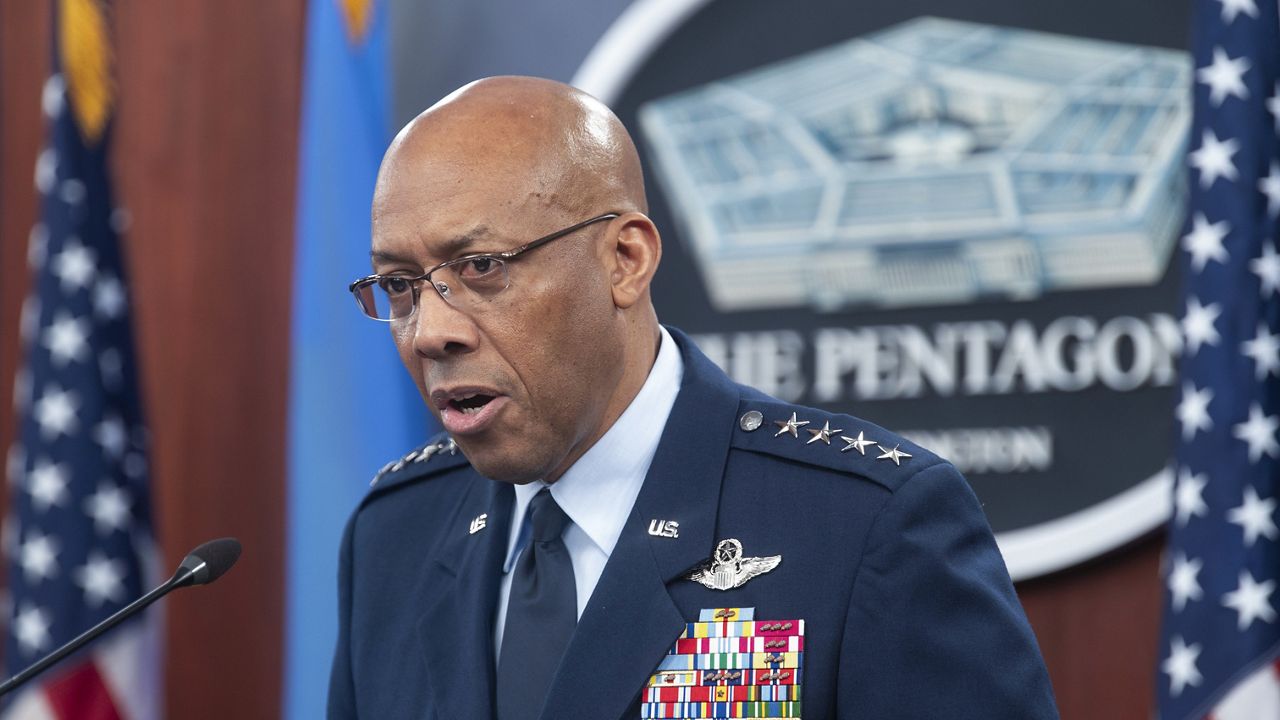PFLUGERVILLE, Texas – Despite efforts to better educate veterans on the availability of mental health services, the rate at which former service men and women die by suicide continues to climb, according to the latest statistics available from U.S. Department of Veteran Affairs. While the number of American veterans has decreased, the number of suicides has stayed pretty much the same.
- According to latest numbers, an average of 16 veterans die from suicide every day
- Local veteran created peer support organization
- National Suicide Prevention Lifeline is 1-800-273-8255
Pflugerville veteran Denny Katona enlisted in the Pennsylvania National Guard in 1993; roughly 10 years later he joined the Army and deployed to Iraq.
"During my last deployment I was in charge of the local national interpreters, and one of my interpreters - she was a 19-year-old Syrian-Christian girl – she went out on a mission. They got hit with an IED and I had to identify the body," recalled Katona.
That experience would haunt Katona for years - the smell of burning hair and flesh. He returned from active-duty in 2012, but said he wouldn't end up seeking out help, and eventually be diagnosed with post-traumatic stress disorder, until three years after his return.
"We're some of the most stubborn, obstinate people because hey, what did we do? We sucked it up, we drove on for so long," said Katona."We're some of the most stubborn, obstinate people because hey, what did we do? We sucked it up, we drove on for so long," said Katona. "You know I talked about thwarted belonging, there's also perceived burdensomeness. I don't want to be a burden to someone else and pick up that phone and call. You know, I don't want to admit that hey - I need help."
RELATED | Austin Festival Using the Arts to Highlight Veteran Mental Health
Giddings resident Jeremy Brooks was exposed to veteran suicide long before he joined the military.
"There's always been these issues, but nobody's really paid attention to it until recently," he said.
Brooks' biological father had divorced his mother at a young age, but Brooks made regular weekend visits with his dad until he was 12. That's when his father moved back to his home state of New York after an apparent suicide attempt. Brooks' father, a Vietnam War veteran, would disappear for several days. He was eventually found dead in his home.
"It was the day before I was supposed to start high school. Literally the day before my freshman year," said Brooks. "I was told the truth upfront, no one tried to hide anything, and it was just devastating."
His father's death by suicide left a lasting impact on Brooks, one he's felt multiple times since his deployment to Iraq in 2007.
One of his brothers in uniform, Jason Scott Shupiery, just took his own life last month.
"We have had two just within my company that have committed suicide since we've been back, and it - it really hits home and it makes you wonder why," said Brooks.

Photo of Iraq War Veteran Jason Scott Shupiery (Credit: Jeremy Brooks)
While Brooks may not understand why some of the members of his military family have ultimately decided to take their own lives, he certainly understands how they feel.
"I honestly truly believe in my heart that one of the leading causes is guys feel isolated and they feel like they don't have the same purpose anymore," Brooks said. "That right there makes them start finding every other negative thing in their life rather than look at - I've got healthy children, I've got a good wife, I've got a good job."
It was that feeling of loneliness and a lack of purpose in life that eventually led Brooks to seek help for himself. Brooks said reaching out for that help felt like defeat, feeling as if it went against the training he received as a soldier.
"From the day you join the military, when you go to basic training, if you go to sick call because you're actually sick, they give you hell over it, to be blunt," said Brooks. "Be tough, you don't need to go to sick call. They're very hard on you about it. They want that toughness there, the mental toughness, the physical toughness. Every aspect of being a soldier is being tough."
Beyond being tough, soldiers like Brooks and Katona have worried about reaching out for help and the effect it would have on a future military career. Katona said he's heard of experiences from other servicemen he's served with.
RELATED| Texas Man Taking Action after His Son and Mother Both Die by Suicide
"Answering things accurately caused them to lose their security clearance," said Katona. "And especially at a certain level, if you lose your security clearance that kills your career."
Katona said seeking out mental health care while actively deployed is an unfortunate "catch 22." But for discharged veterans, Katona said there's simply more that veteran's organizations can be doing to help persuade former service members to access mental health services.
In 2016, Katona got the idea to form the group “O.P. Veteran.” The “O.P.” standing for observation post which lends itself to the organization's main mission – connecting veterans with other veterans to make sure they're watching out for each other.
"When we're going through that and we're at that point, one of the biggest feelings that we have is, ‘I'm all alone, nobody feels the way I feel,’" said Katona. "By showing veterans that they are connected to others that have undergone the same trials and ordeals and have overcome that – I think that shows the encouragement folks need in order to start getting the help that they need."
If you are experiencing thoughts of suicide, call the National Suicide Prevention Lifeline at 1-800-273-8255. For the Veterans Crisis Line, call that number and press 1.









